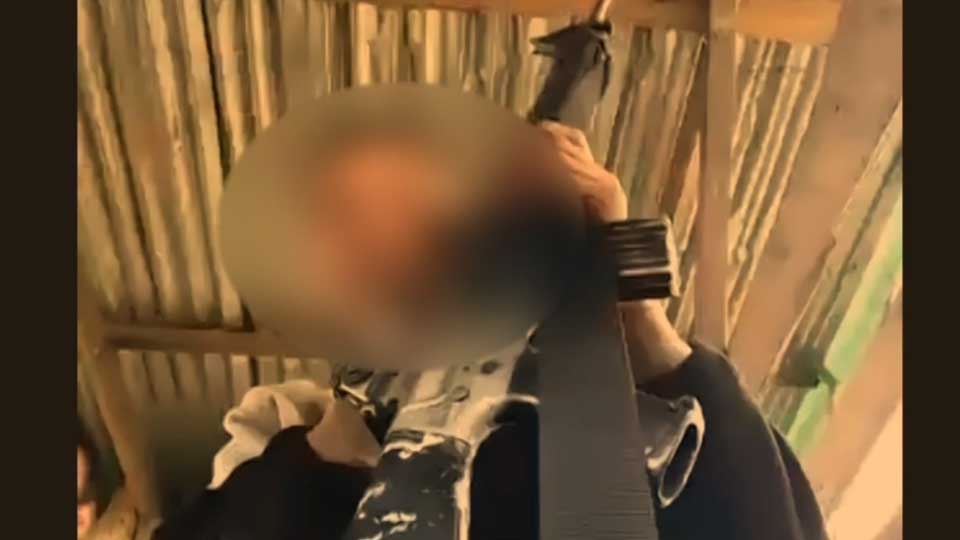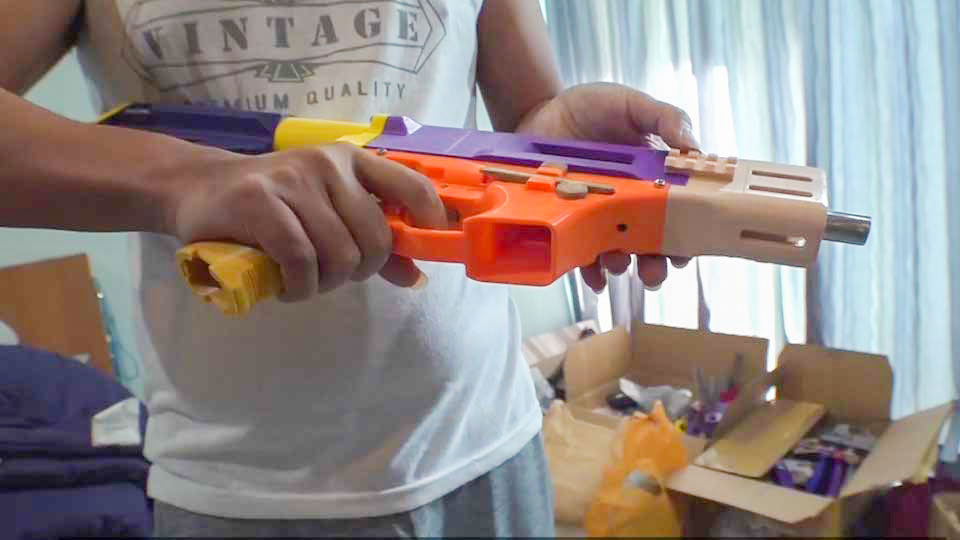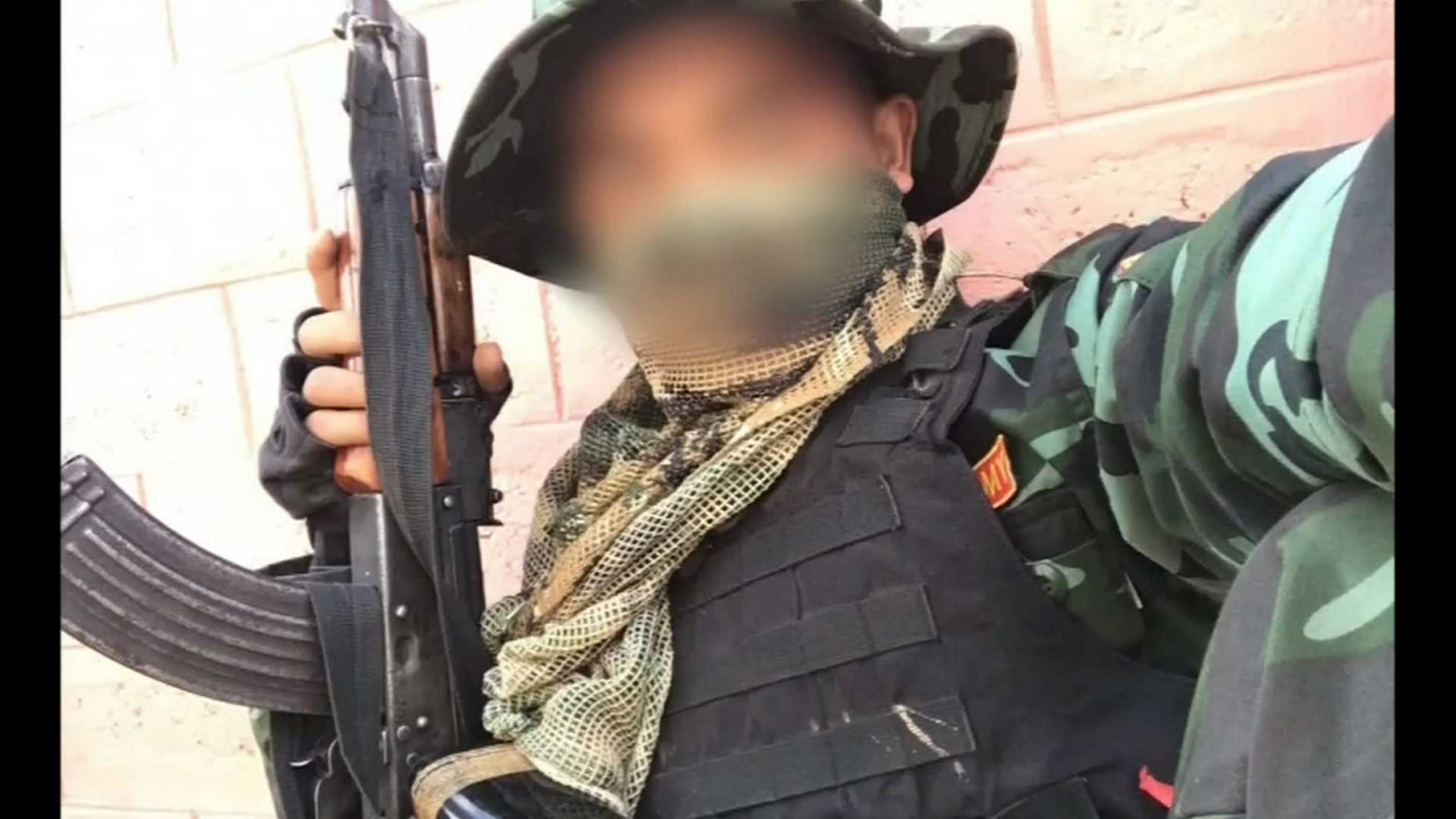The sound of gunfire and explosions have become a regular part of Sai Kyaw Thura's daily life since the military took power. Last September, soldiers came to his hometown of Demoso, Kayah State and burned at least 35 houses to the ground, including the one he grew up in.
A few days later, the twenty-year-old decided to join a local armed group and fight back. He is one of the countless young people who no longer see peaceful protest as a viable option.
"I realized we couldn't overthrow the military just by raising three fingers," he told NHK in an interview earlier this year, referencing the hand gesture that's become a symbol of the pro-democracy movement. "All that was left was to take up arms."

Weeks of peaceful protest followed the coup. But as the military adopted increasingly brutal methods in its crackdown, civilians turned to armed resistance.
Kayah State is now the site of some of the most intense fighting between the military and resistance forces. Sai Kyaw Thura said he has lost more than 20 friends since he joined the effort.
"During my first battle, there was a lot of heavy artillery and some of my comrades were killed," he said. "I looked at my dead friends and thought they were heroes."
Lack of weapons
Like most resistance forces in the country, Sai Kyaw Thura's group struggles with a lack of firepower.
"We can't compare our weapons with the military," he said. "They have fighter jets. We have to sell our farms, property and vehicles just to buy guns."
But an underground network is now supplying weapons to civilians. Operating out of a small apartment in the border area between Myanmar and Thailand, a group of young people originally from Yangon are using 3D printers to make guns.
"Even though a lot of people want to join the armed groups, we don't have enough weapons," said one member of the network. "We came here to solve this issue. We are trying to produce more."

No easy path
A member of the National Unity Government, or NUG, formed by ousted lawmakers, said it is trying to provide additional weapons for civilian groups. The NUG calls for a nationwide uprising against the junta since last September.
"We are trying our best but we also have to implement gun control measures so we can trace the weapons and get them back after battles," said NUG Defense Secretary Naing Htoo Aung.
Despite these difficulties, Naing Htoo Aung said the resistance effort is bolstered by people joining the fight every day.
"So far, we have formed around 100 battalions. We plan to form more and provide them with good weapons."
He also called for international support to help minimize the loss of life.
"This is not just a matter for Myanmar. It's a matter of righteousness and humanity. The support and involvement of the international community is just as important in this fight as the unity and resilience of our people."

Regardless of whether these calls for support are answered, the violence in Myanmar looks set to drag on for some time. And for Sai Kyaw Thura, the former student, it is still difficult to come to grips with this new reality: "Is this the end of our youth? Is our youth nothing but war?"
* Sai Kyaw Thura is a pseudonym.

